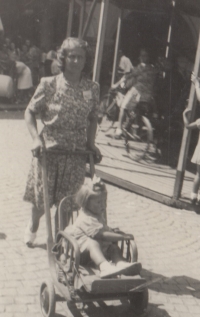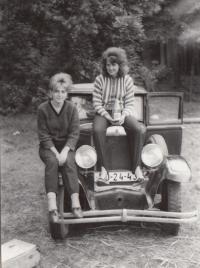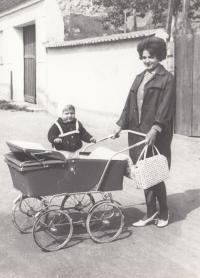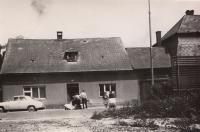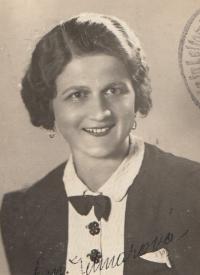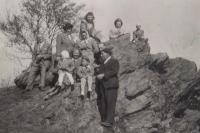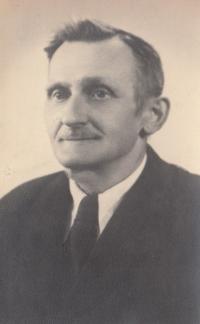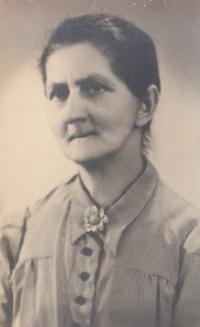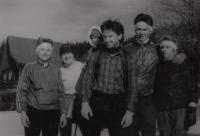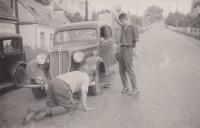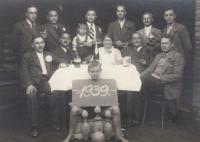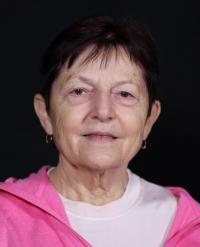Sokol je taková průprava do života
Jaroslava Tomšů (Andresová by her maiden name) was born on January 24, 1946, in Ústí nad Orlicí. Her mother was working hard her whole life, and her father, Václav Andres, was a tradesman, watchmaker, and goldsmith. After the events of 1948, he refused to submit to the communist power and did not let his business to be absorbed by the then-emerging system of cooperatives. As a result, he spent two and a half years in prison, and the family appeared in a situation that was financially and mentally very challenging. Their property was confiscated and never returned to the family. Jaroslava graduated from the Secondary Nursing School in Litomyšl. Initially, she wanted to enroll in a secondary pedagogical school but was told that it was not even worth it to try, providing her cadre profile. After graduation in 1964, she joined the Internal Medicine Department at the hospital in Ústí, where she worked for two years - before getting married in 1966. She met her husband in Ústí nad Orlicí, yet, they both moved to Tasovice in Moravia, where Jaroslava started working in an infant school. Her daughter, Radka, was born in 1967 and the younger, Iva, in 1971. After nine years of marriage, Jaroslava and her daughters returned to Ústí nad Orlicí, where they lived at her mother’s. After 1989, she worked for a private doctor at a pulmonary department. Jaroslava devoted a considerable time of her life to doing sports, used to be an active member of Sokol, devoted herself to hiking, tours to mountains, cross-country skiing, skiing, and to other sports activities. She remembers this period as a happy one.

